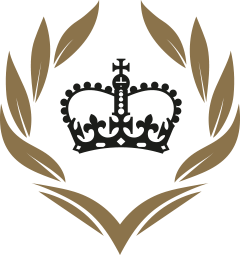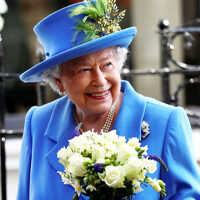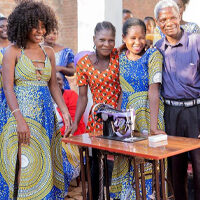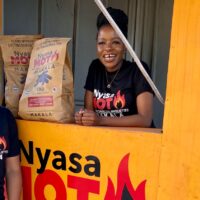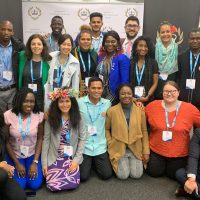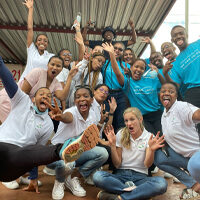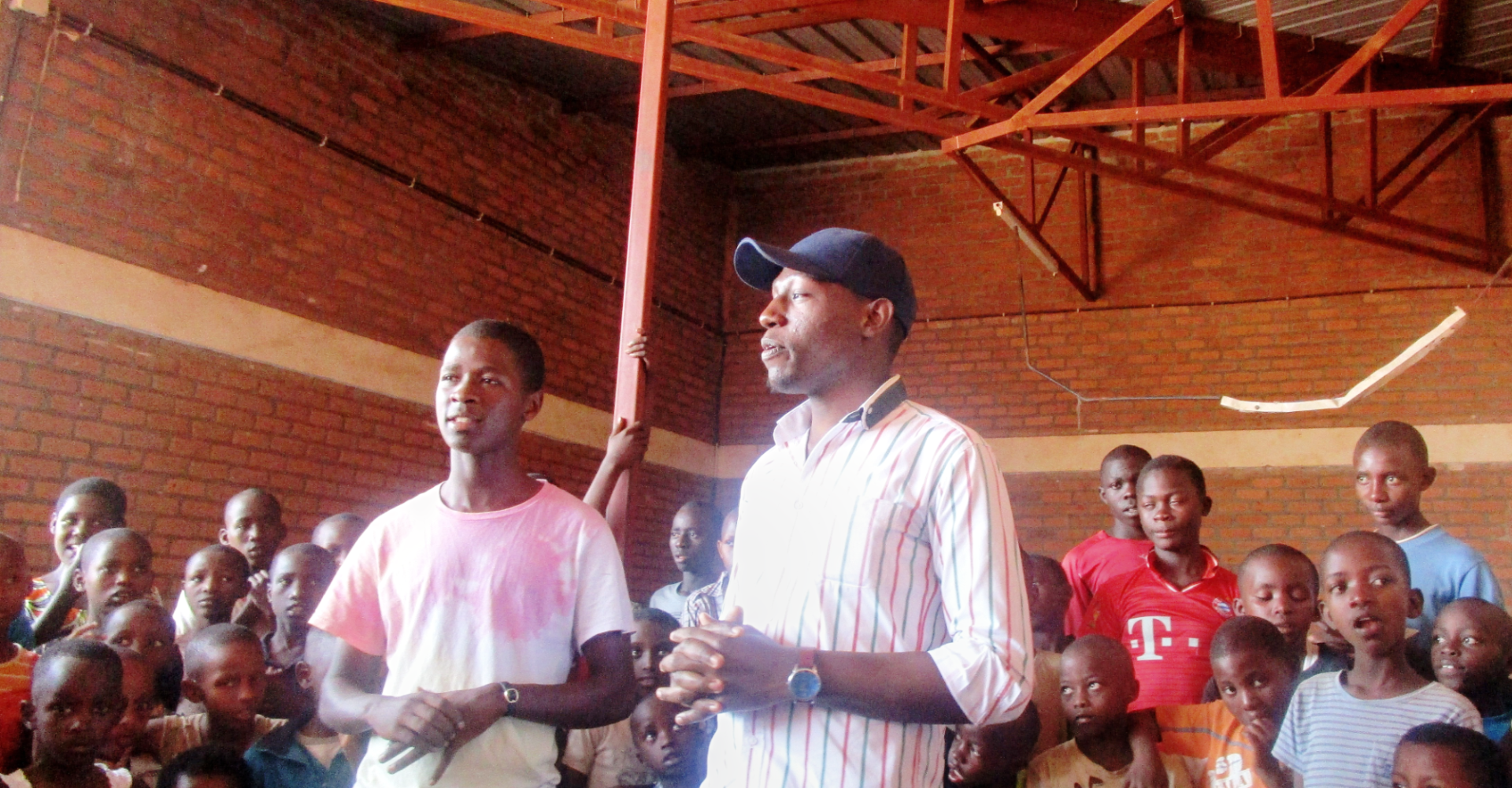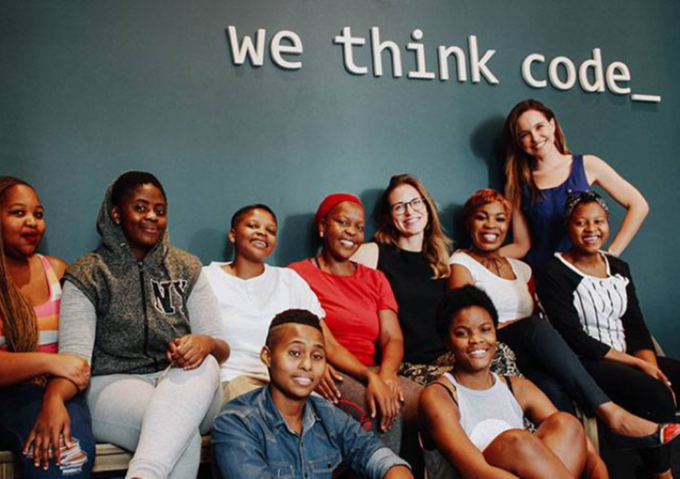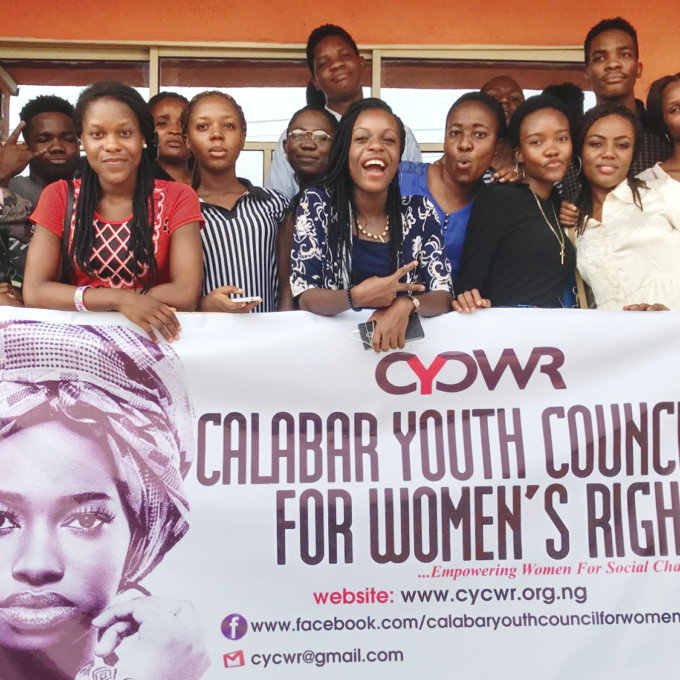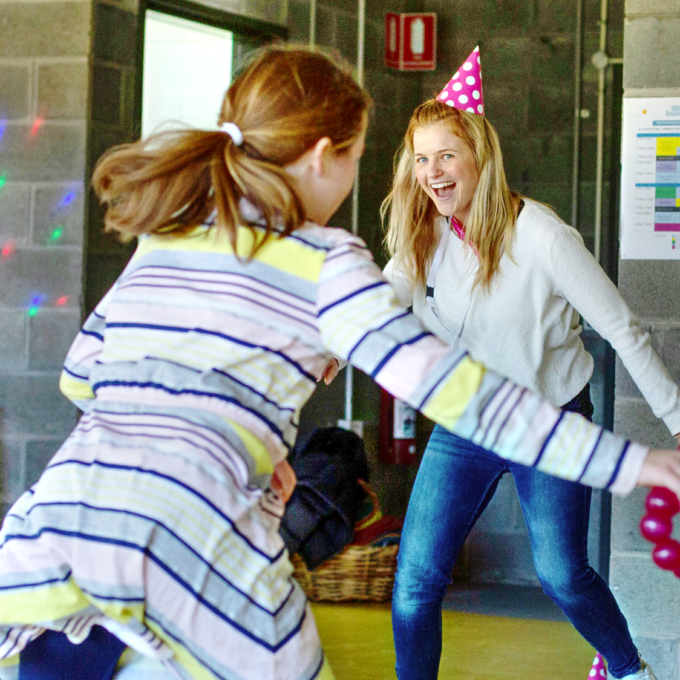By Kiiza from Rwanda
I am scared, really very scared about how my life will turn out if I relocate to another country. I’ll have no network, no knowledge of the language, the food or the customs, no friends and no real understanding of the challenges that await me. That’s how I felt when I considered moving from Uganda to Rwanda in search of a new life.
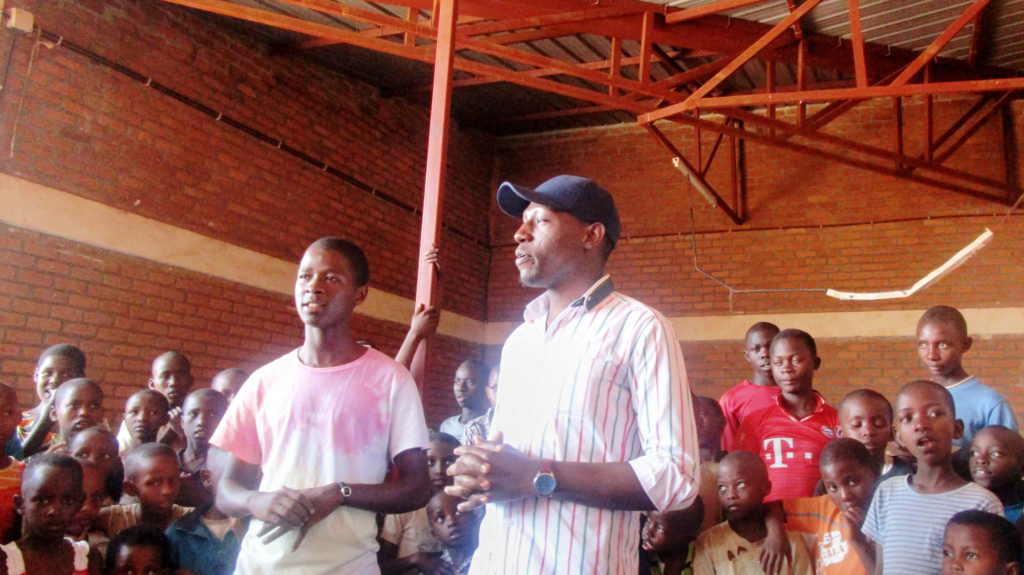
“Sometimes it requires completely changing our environment to discover new challenges to meet and new solutions to problems.”
Let me tell you my story.
As a young graduate in Uganda I found myself at a crossroads and facing an important decision. Should I follow the more traditional and predictable path of finding a job in a law firm, having graduated as a lawyer, or take a more unconventional, unpopular and often shunned route, choosing to serve humanity over making money?
I knew my calling…
Every society has its challenges and my home country of Uganda is no different. It’s a patriarchal society where women and girls had minimal say in many things, including who to love or marry. Human rights violations including victimization and incarceration, particularly against the youth, are commonplace.
Amidst both upheaval and transition, it was climate change that had become the most significant threat to our society. Our compromised environment and the related breakdown of political, social and economic structures had brought us to our knees, especially in small and vulnerable villages where the majority of our poor communities lived, including some of my own relatives.
I felt compelled to act.
Through a project called Young African Leaders I led a team that trained women, the youth, farmers, local leaders, religious figureheads and the business community on climate change science and mitigation and the use of renewable affordable energy sources like solar panels, bio gas and hydroelectric power. Our movement had significant impact. With local community support we planted over one million trees. Women, who are most vulnerable to the impact of climate change, found support and become empowered.
As a Queen’s Young Leader we are trained and emboldened to lead change in our societies and communities, but having contributed my service to the Ugandan people through climate change projects, as well as human rights defense cases and awareness projects within Ugandan youth society, I felt the need to seek a new challenge outside of my own country.
I made the decision to move to Rwanda. In Rwanda I found both a new life and a new challenge. The plight of the local children who live and die on the streets became my cause.
These children are denied the life that you and me probably lived, a life of going to school and having the security of a home and the love of a family. These children needed and deserved help. To be taken off the streets and given an education and a safe environment to live and thrive in.
I quickly found and joined Root Foundation, an organization devoted to helping street children.
We give street children a place they can call home. We teach them important personal development skills. We provide a program of sports and activities every day.
And every day we see children flourish. Every day they are more positive and promising than yesterday.
Through our new “Root Village” programme we want to eliminate Rwanda’s street children issue for good, and we have ambitious plans to scale-up the programme by making it available to other countries that face similar youth issues.
I’m very proud of the decision I made as a graduate and even more proud of the impact my work has had, be it at home or in Rwanda. I’m also very proud to help children even further afield than Rwanda. Shortly, I will be volunteering as an advisory board representative with the Indian organization Sakonsa, that helps children attend school and get a better education.
While I know that my part in leading positive change is just a drop in the ocean, I truly believe that if we join our efforts together we can become the ocean. At that point, anything is possible.
